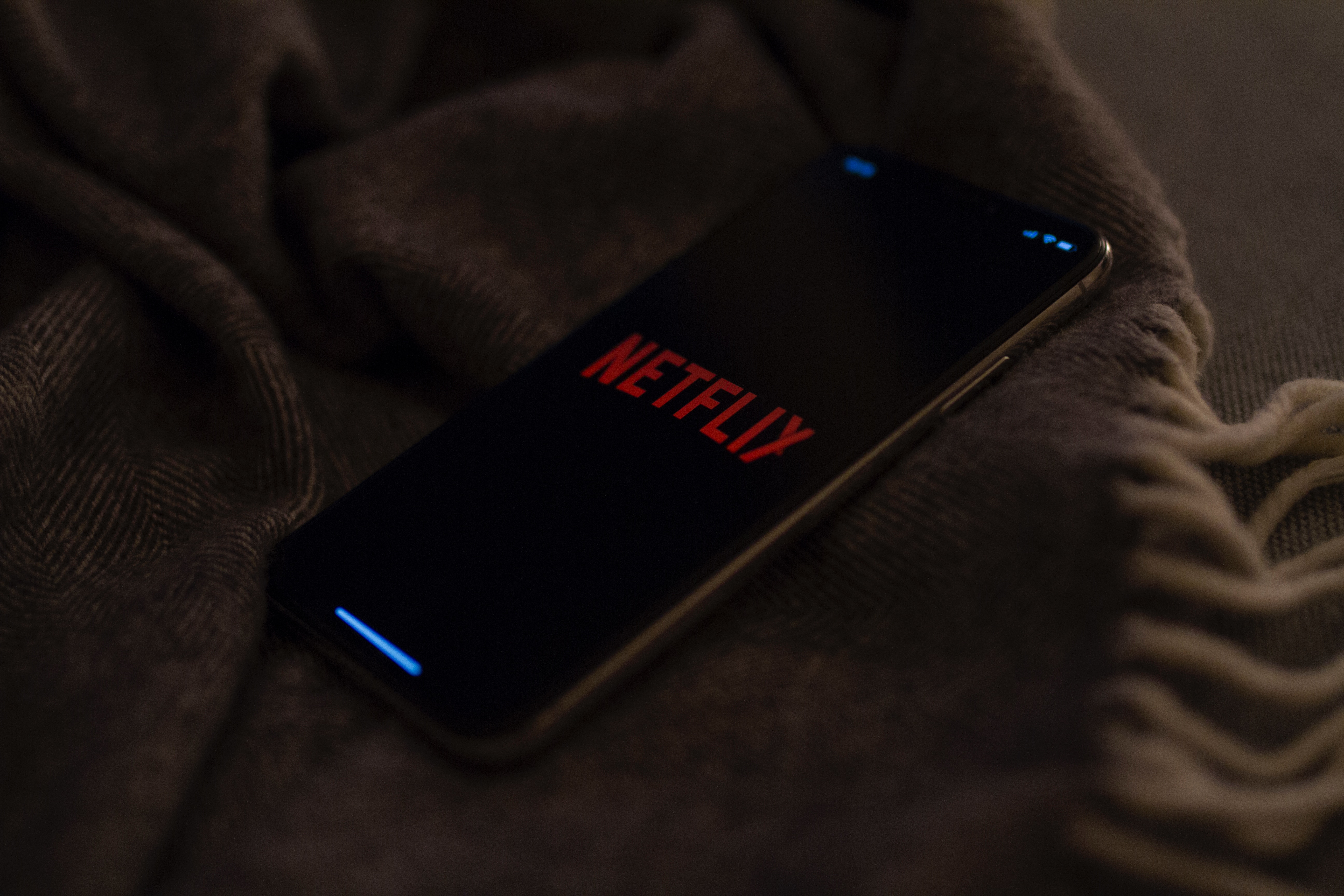![]()
Stalking. What do you think of when you hear that word? It’s often tossed around in a lighthearted way – like when you talk about combing through someone’s Instagram or jokingly said when you bump into someone one too many times.
Stalking, when someone repeatedly harasses or threatens someone else, causing fear or safety concerns, is referred to with such carelessness in everyday life and the media that one would hardly know that it affects 1 in 6 women and 1 in 17 men. Where does this lax attitude stem from?
Julia Lippman, Ph.D. thinks there’s a connection between the way stalking is romanticized in pop culture (hello, You) and the public’s perception of this behavior in real life. In an interview with Bustle, she points out “Positive portrayals of stalking – like those where the pursuer is rewarded by ‘getting the girl’ – can lead people to see stalking in a more positive light.”
Therein lies the problem. People who perceive stalking and gaslighting as romantic, and the victim as hard to get, do so without critically considering the implication of these behaviors. This apparent normalization of inappropriate behaviors may dissuade someone from turning to the authorities when they experience stalking behavior in real life. To help you see how stalking is often normalized in popular movies, TV shows and novels, we put together a list of examples that portray this unhealthy behavior as infatuation and love.
1. The Notebook
The Notebook portrays Noah and Allie as soulmates that are perfect for each other. To prove his love, Noah is persistent and even aggressive in his pursuit of Allie. In the clip above, he repeatedly asks Allie to go out with him. While this sort of suspense may work for movies, in real life Noah’s unwanted persistent behaviors (or unrelenting insistence that she go out with him and excessive monitoring) are deeply unhealthy.
https://www.youtube.com/watch?v=_hga8d1Z2Qk
2. Twilight
While many people are familiar with this popular film and novel, they may not be aware of the super cringy reason it continues to be dissected on blogs across the internet. In the clip above, Edward is portrayed as a romantic hero who saves Bella from a group of rowdy men. While it’s great that Edward helped Bella out of a dangerous situation, the reason he was there is just as sinister as the guys he saves her from. Throughout the film, Edward stalks her, showing up unannounced to her home and even watching her sleep – all purportedly in the name of love.
But stalking is not love, it’s an invasion of privacy and an exertion of control. This sort of unwanted pursuit cannot be justified and it’s not something someone does because they care about you or are “just protecting you.”
3. The Graduate
In many ways The Graduate is a classic but it’s also one of the most glaring examples of how stalking is normalized in film. A complicated story to begin with, Elizabeth is repulsed to find out that Ben had an affair with her mother and forbids him from seeing her again. Instead of respecting her wishes he follows her to college and shows up uninvited on several occasions. He even stalks her on a date she’s on with another man. This is eerily similar to the way stalking happens IRL since 61% of women and 44% of men have been stalked by a current or former intimate partner.
What’s worse is that in the end Ben’s behavior is rewarded since Elizabeth leaves her fiancé at the altar in favor of her stalker. Viewers are left to believe this is a grand romantic gesture and that by relentlessly pursuing Elizabeth, Ben wins over the girl of his dreams.
4. Love Actually
In Love Actually, a man named Mark falls hopelessly in love with his best friend’s wife, Juliet. Mark decides to profess his love for Juliet via their wedding video and even shows up on her doorstep unannounced despite Juliet never having expressed interest in him. This scene is often considered romantic, but Mark’s unwanted attention is a red flag. In fact, grand gestures or surprises can be a big warning sign of stalking. It’s easy to think that things like these are signs of affection, but there is a fine line. If surprises are unwanted or make you comfortable, it’s considered an unhealthy behavior, especially when done by someone you consider a stranger.
5. Say Anything
Say Anything brings us one of the most iconic scenes in movie history. But if you strip away the Hollywood allure, you’ll see it for what it really is: stalking. After breaking up Diane tells her ex-boyfriend Lloyd not to contact her. Instead of doing that, he shows up at her house, blasting the song she lost her virginity to. A common warning sign of stalking, which has appeared several times on this list already, is showing up unannounced. While that can be unhealthy on its own, it’s especially inappropriate when one person has explicitly asked the other to stay away. Calling this behavior anything other than what it is makes it easy for people to confuse harassment with infatuation.
The severity and conditions surrounding each of these examples vary, but the theme remains the same: one person displays unhealthy stalking behaviors that are not addressed as such.
You may notice that this list contains some of the most popular romantic comedies of all time. But these movies make it easy to forget an important point – stalking isn’t about love, it’s about control. When we don’t call out creepy behaviors for what they are we run the risk of leaving people with skewed ideas of romantic love.
Do any of these situations seem familiar? Check out One Love’s top five picks for resources on stalking.
Browse by Category

National Minority Mental Health Awareness Month: Addressing Abuse in Minority Communities
July is National Minority Mental Health Awareness Month, and it's an essential time to talk about our relationships and the…
How to Practice Allyship Using the 10 Signs
During the month of June the United States observes both…
Hope After Abuse: What I Wish I Knew About Relationships In College
As a freshman in college – my first real time…
A Crash Course In Handling Rejection
The spring/summer cusp is an exciting time of year: long…
What Movie Prom Scenes Can Teach Us About Relationships
Prom season is upon us and millions of high school…














